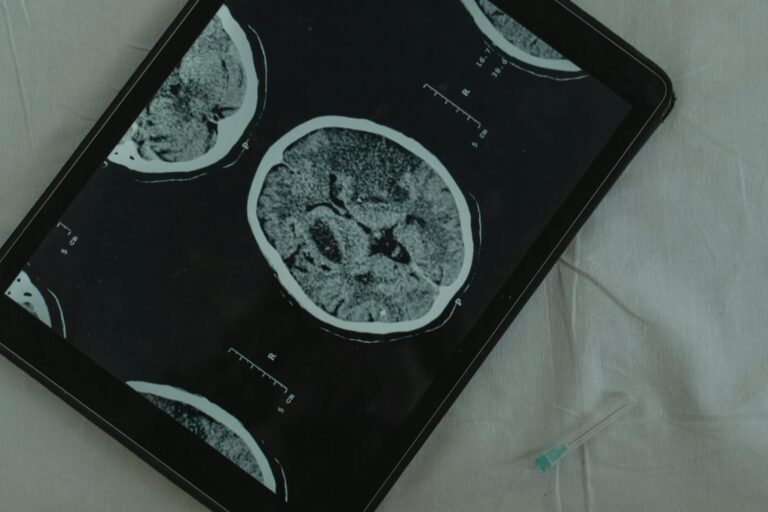Memory is a powerful tool that helps us navigate our daily lives. It allows us to reminisce about happy moments, learn from past mistakes, and make plans for the future. However, despite its importance, memory is not always as accurate as we think it is. In fact, there is one common memory mistake that almost everyone makes – the tendency to believe that our memories are infallible.
As humans, we tend to trust our memories and believe that they are accurate representations of past events. We often rely on our memories to make decisions, solve problems, and even argue our point of view. But the truth is, our memories are not always reliable. They are prone to errors and distortions, and this can have significant consequences in our lives.
The memory mistake that everyone makes is known as the “misinformation effect.” It is a phenomenon where our existing memories can be altered or influenced by new information. This means that our memories are not fixed and can change over time, depending on the information we receive.
This effect was first demonstrated by psychologists Elizabeth Loftus and John Palmer in 1974 through a series of experiments. In one study, participants were shown a video of a car accident and were asked to estimate the speed of the cars involved. The researchers found that when the question was framed differently – using words like “smashed” instead of “hit” – participants gave different speed estimates. This shows how language can influence our memories and perception of events.
But why does this happen? Well, our brains have a remarkable ability to fill in missing information based on our beliefs and expectations. When we are presented with new information that contradicts our existing memories, our brains may alter those memories to fit with the new information. This can happen even if the new information is false or misleading.
The misinformation effect has been studied extensively and has been found to occur in various situations. For example, it can happen in eyewitness testimonies, where the recall of a witness can be influenced by leading questions asked by the interviewer. It can also happen in everyday conversations, where one person’s memory can be distorted by the recollections of others.
The consequences of this memory mistake can be far-reaching. In legal cases, eyewitness testimonies play a crucial role, and the misinformation effect can lead to wrongful convictions. It can also affect our personal relationships, as we may remember events differently from our loved ones, causing conflicts and misunderstandings.
So, does this mean that we cannot trust our memories at all? Not entirely. While our memories may be susceptible to distortions, they are still an essential part of our lives. Memories provide us with a sense of self and help us make sense of the world around us. However, it is crucial to be aware of the misinformation effect and take necessary precautions to avoid falling prey to it.
One way to reduce the impact of the misinformation effect is to remain vigilant and critically evaluate new information before integrating it into our memories. We can also use external sources such as photos, videos, or written documents to cross-check our memories and ensure their accuracy. Additionally, it is crucial to be mindful of our language and avoid using suggestive or leading words that can influence others’ memories.
In conclusion, memory is a crucial aspect of our lives, but it is not infallible. The misinformation effect is a common memory mistake that can have significant consequences. By understanding how our memories work and being mindful of the potential for distortions, we can improve the accuracy of our recollections and avoid making incorrect assumptions based on false memories. So, next time you reminisce about a past event, remember to question your memory and stay vigilant against the misinformation effect.





